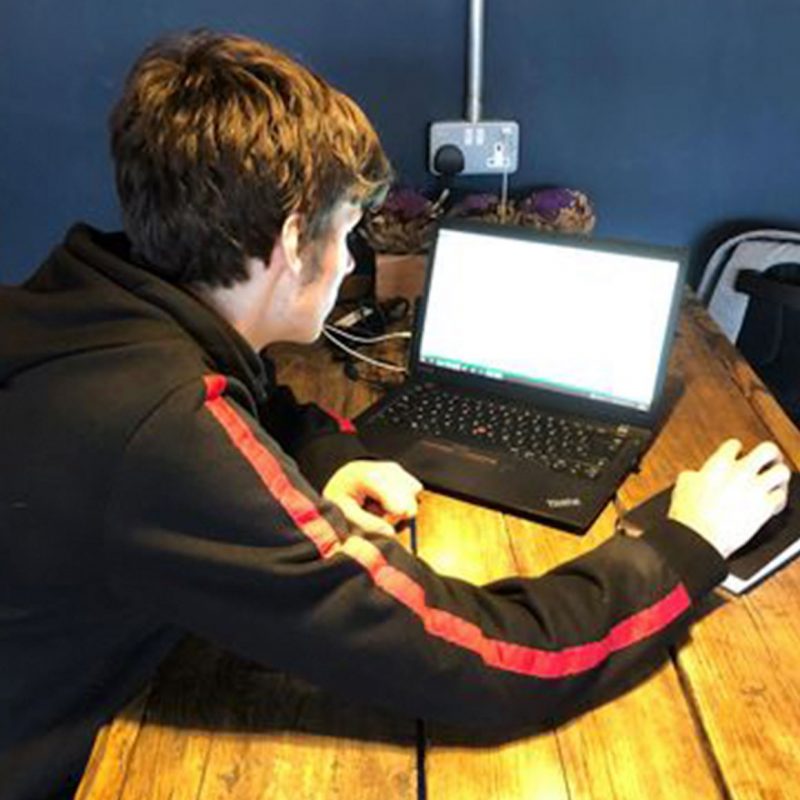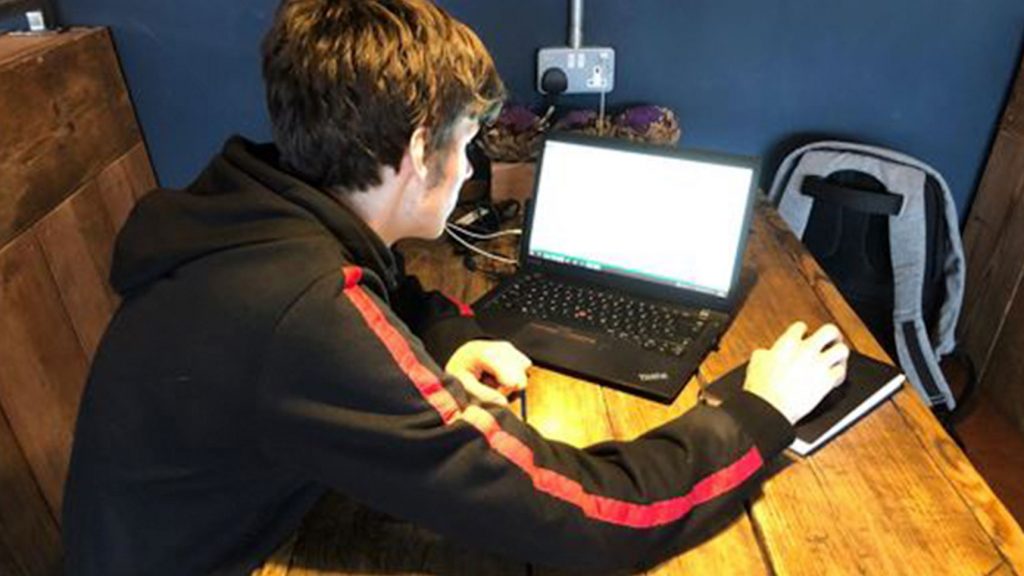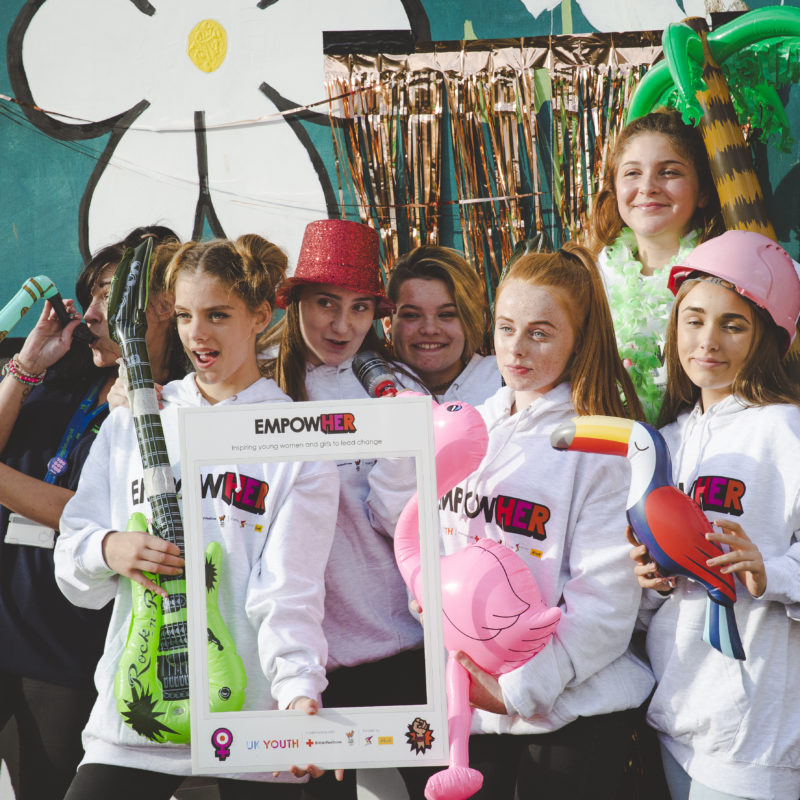
Our programmes
Whether young people are participating in our programmes or visiting our outdoor activity centre Avon Tyrrell, we want to ensure they are developing skills that will change their lives.
To ensure there’s something for every young person, we deliver our programmes in five key interest areas.
- Citizenship – Politics, Geography, Philosophy, History, Travel & Environment
- STEM – Science, Technology, Engineering & Mathematics
- Arts – Music, Media, Art, Design, Drama & Dance
- Wellbeing – Sport, Nutrition, Physical & Mental Health
- Enterprise – Finance, Management, Business, Employability & Entrepreneur
Spotlight on

Reach Up engages 16 to 25 year olds who are either not in education, employment or training (NEET), at risk of becoming NEET or underemployed and empowers them with the confidence, skills and experience needed to feel ready for the work place. The programme, in partnership with Coca-Cola European Partners (CCEP), addresses the key issues young people face surrounding employment through a range of activities; skills workshops, practicing networking, and work shadowing.
In 2019, Reach Up engaged with 124 young people.
71% and 85% of young people came from the 30% most deprived areas in England and Scotland respectively.
Of these
75%
improved their knowledge of how to find a job
71%
increased their knowledge of what training they would need for the job they wanted
67%
increased their knowledge about the work/ job they would want to do after the programme
64%
improved knowledge of the qualifications they would need to pursue their chosen work
Overall
93% of participants experienced an increase in at least one UK Youth Emotional and Social Capability (ESCs) measure (confidence, resilience, responsibility, motivation, communication, receptiveness), skills which are well documented for securing and retaining a job
Spotlight on

EmpowHER inspires young women and girls to lead change in their community. The programme, delivered in partnership with the British Red Cross and Young Women’s Trust with funding from Spirit of 2012 and the #iwill Fund aims to address low levels of wellbeing amongst young women and girls in the UK by empowering them to have a voice, be heard and give back to their local community.
683
Last year, 683 young women and girls between the ages of 10-20 engaged in EmpowHER
More than half of participants came from England’s most deprived areas, and almost three out of four had at least one personal barrier
About two-thirds felt that their social action efforts had benefitted their community
“I wanted to do these social actions because I find it hard to make friends. I also needed more confidence. This project really helped me and I am really happy I took the opportunity to do it.”
“To show people that it is ok to be different and to make the world a better place. Also to show that it is ok to not be ok.”
“I’ve been in a lot of trouble recently with the police and I wanted to be able to give something”


